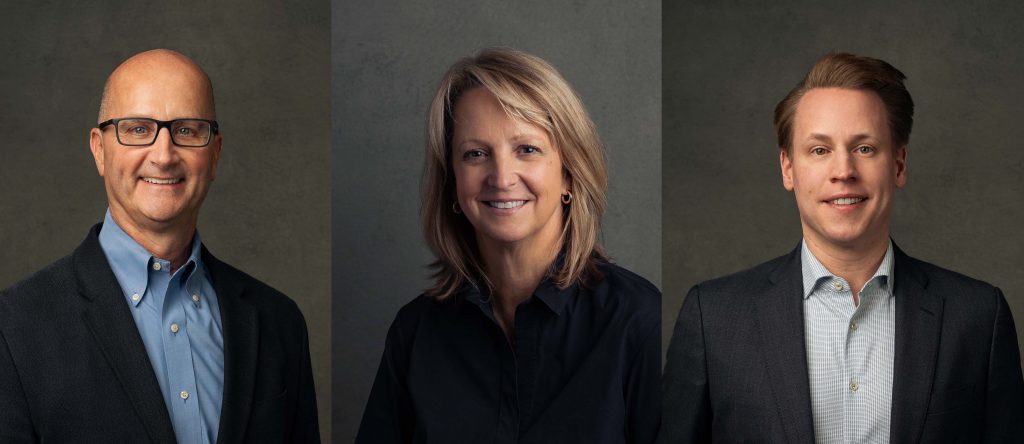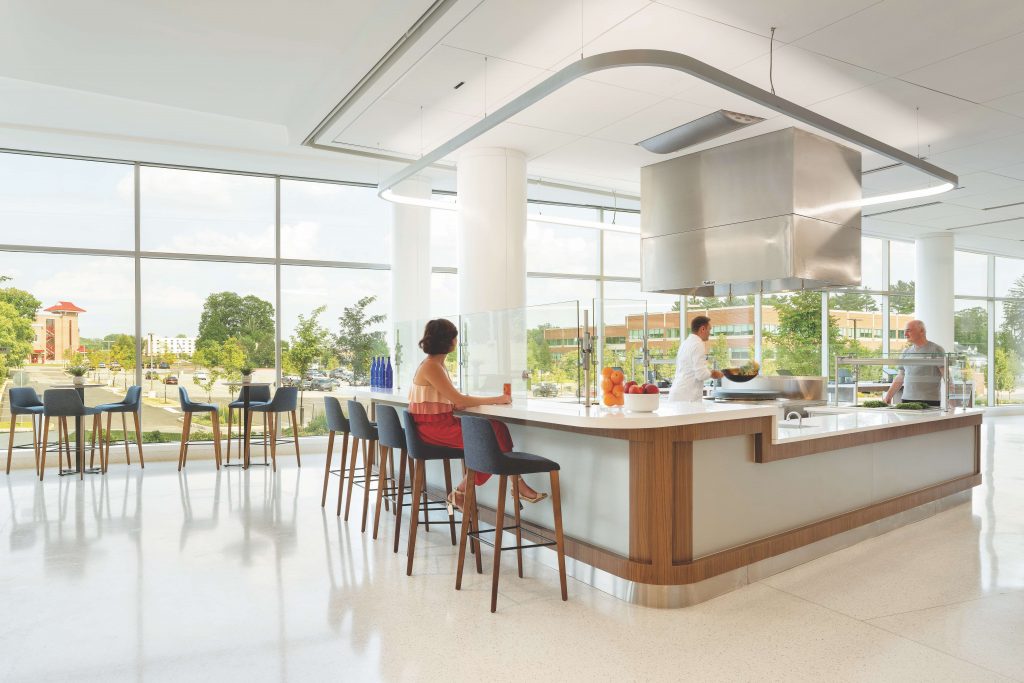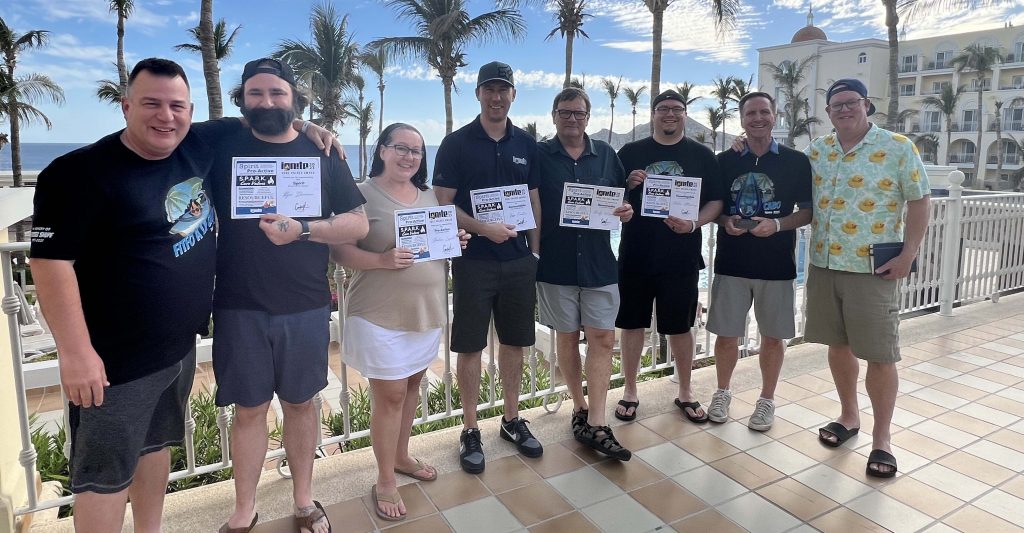Leading FCSI consultants joined this talk, supported by Modbar, to discuss how coffee has grown in stature in foodservice design projects in the last 20 years, claiming an ever increasing role in the planning and execution of new foodservice projects.
Chaired by Tina Nielsen, editor of FCSI’s Foodservice Consultant magazine, the discussion saw foodservice consultants Karen Malody FCSI, principal of Culinary Options in the US, and Alexander Hofer FCSI, CEO of H44 Team in South Tyrol, join Giulia Spanio, global business development manager at Modular for an expansive conversation about the changing changing role of coffee in modern foodservice design projects.
Malody and Hofer outline the collaborative effort required to ensure success in a foodservice design project before a wide-ranging conversation with Spanio about the current trends in the coffee market and how these have changed since the 1990s when Starbucks kickstarted and popularized the coffee store concept.
The roundtable discussion covered topics, including:
- The massive growth of coffee, and the drivers behind this development
- The role coffee plays in hospitality settings beyond restaurants, bars and cafes
- The current trends in the coffee market, including a demand for speed and convenience
- How the transition out of the pandemic is affecting the segment
- Short and medium-term challenges and opportunities for operators, consultants and manufacturers
You can watch the video of the panel session below:
[embedyt] https://www.youtube.com/watch?v=gv7euk3L1io[/embedyt]
The manufacturer’s perspective
Giulia Spanio, global business development manager with Modbar, outlines her view on the current status of the coffee equipment market.
“Coffee is today one of the most popular beverages in the world and it has expanded and widened in the past 10-15 years. This development is driven by several factors. Above all there is a more prominent focus on sustainability, which translates into a major focus on the choice of the materials, the supply chain, and the performance of the equipment itself.
“Second, IoT is at a crucial point: all the manufacturers are seeking efficiency capabilities like automation and data visualization to manage their business processes. Finally, I see more significant attention to the aesthetic of the machine. Coffee equipment needs to “shine” in the middle of the coffee bar. Cafe owners place their espresso machine in the center of their business physically and emotionally connect.
“The Officine Fratelli Bambi, situated in the Accademia del Caffè Espresso in Florence, Italy, is an excellent example. It’s a workshop dedicated to craftsmanship and artistry that offers bespoke and catalogue espresso machines handmade by artisans.
“The idea for the Modbar system, backed by the knowledge of espresso machine manufacturer La Marzocco, came from the intuition of two coffee lovers, Cory Waldron and Aric Forbing. They wanted to educate their community, of Fort Wayne, Indiana, on the ritual of coffee and envisioned a machine that would not block the view of the brewing process. Combining Cory’s product knowledge and Aric’s engineering skills, this idea slowly took shape with an initial handcrafted prototype, which was then developed in every detail with a view to industrial production. Modbar was conceived as a conversational element, starting everyday relationships and conversations through the passion for coffee. Modbar is the original and first under-counter espresso machine.
“The pandemic shook the coffee industry and strongly impacted consumption in volume, preparation, and place of consumption. It’s well known that the long restrictions in all the countries changed people’s habits, cultivating home hobbies, dedicating more time and care to cooking, and reinventing their daily routine.
We also saw a shift to brewing coffee at home, either because more people worked from home or because they felt uncomfortable going out to buy coffee during the early time of this pandemic. According to our experience at La Marzocco, many people started to look into recreating the same experience they were enjoying in a coffee shop. This led to investing in better equipment that could produce similar and consistent results on a small scale.
The remarkable rise in home brewing also translated into a general change in consumer knowledge. With more and more coffee drinkers investing in equipment and signing up for coffee subscriptions, customers are becoming more aware of the quality and provenance of the coffee in their cup. Consumers are now more sophisticated.”
To learn more about Modbar, please visit: www.modbar.com





